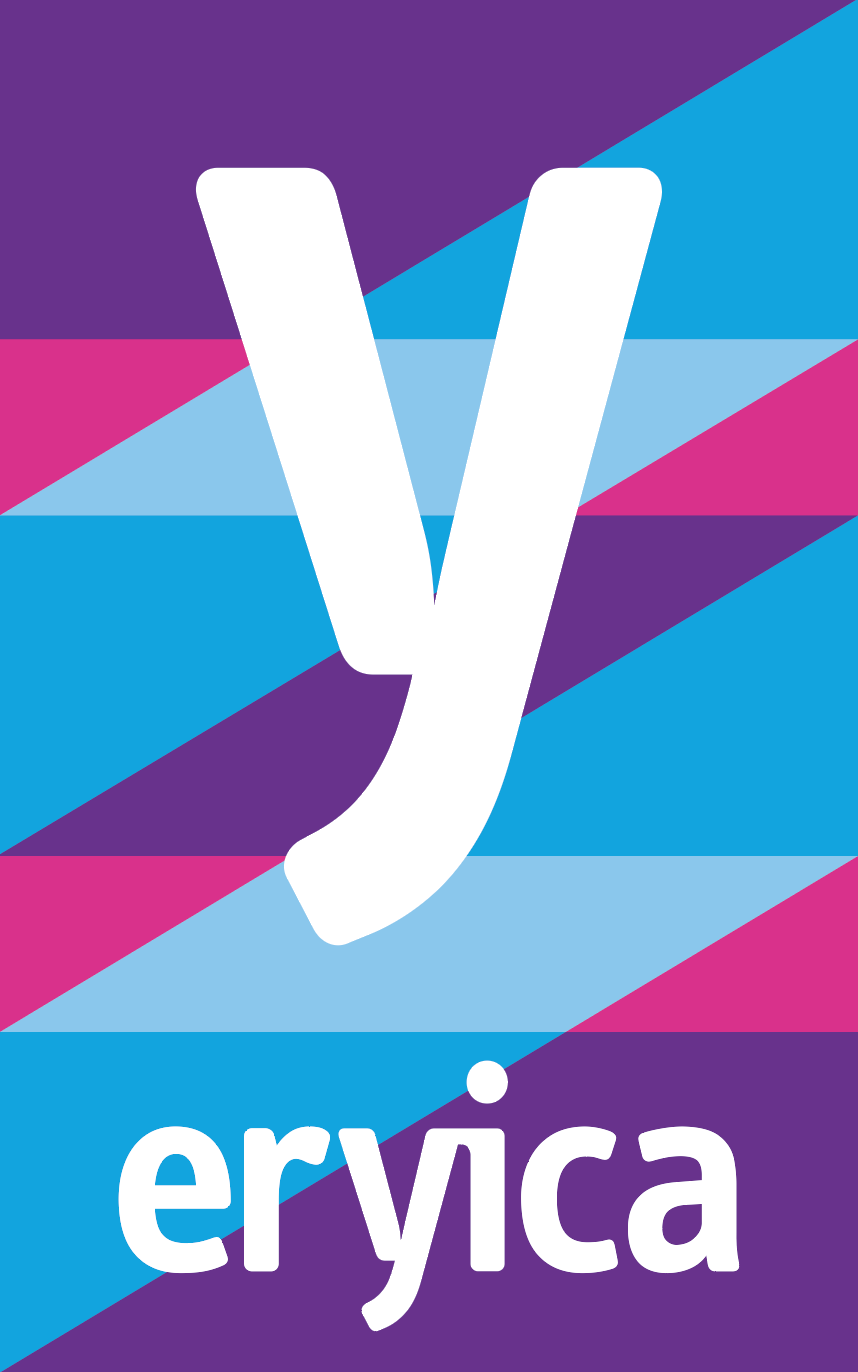Needs of homeless youth: how WAT WAT addresses them
2024
Needs of homeless youth: how WAT WAT addresses them
"When I tell people I was homeless at 12, they respond: ‘Does that really happen?’ It’s like young people don’t even exist in people’s picture of homelessness.” – Mia, 25 years old
On 10 October 2024, the International Day for the Eradication of Homelessness, De Ambrassade’s Youth Information team (WAT WAT) reflected on the past year’s work addressing youth homelessness and poverty. Our goal? Ensuring that the information on watwat.be meets their needs and that these young people are actively involved in everything we do.
What does that look like? Some examples:
Focus groups. We held discussions with young people to identify their information needs on topics such as work, housing, and mental health. We spoke with young people at
Jump: drop-in center for homeless youth
Jeugddorp vzw: housing where youth are assisted in independent living
Betonne Jeugd: youth work organization
Feedback sessions. We gathered input on our election info guide from young people directly at Betonne Jeugd, students in OKAN classes at Anneessens-Funck, as well as youth workers and support organizations such as Jeugddorp vzw, Jump drop-in center, Tumult, and JAC at CAW Halle-Vilvoorde. All of these organizations work with and have expertise in young people in homelessness, poverty and youth with a refugee background.
New partnerships. Articles on watwat.be are written by experts. We set up new partnerships with
Violett: provide information on sex work
Netwerk Tegen Armoede (Network Against Poverty): contributed a new article “What is Poverty?”.
Powerful testimonials. For the International Day for the Eradication of Homelessness, we published the story of a young person who experienced homelessness multiple times and endured an intense journey.
Sharing these stories are crucial because, as Mia pointed out, “It’s like young people don’t even exist in people’s picture of homelessness.” Mia is determined to change that perception and delivers powerful messages to other young people:
"What you do to survive does not make you a bad person. Young people who deal drugs just to buy some food—it’s not because they are bad people. Few would do such a thing voluntarily.”
Read the full story here: “It Was Safer to Sleep in a Park Than at Home.”

